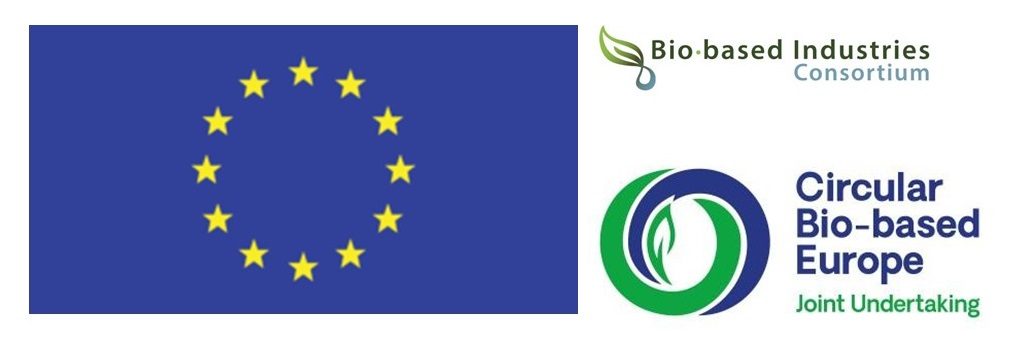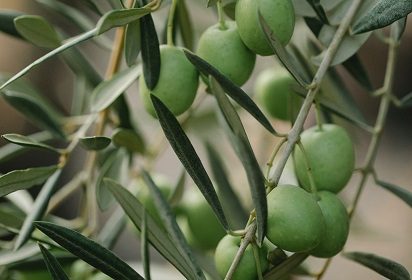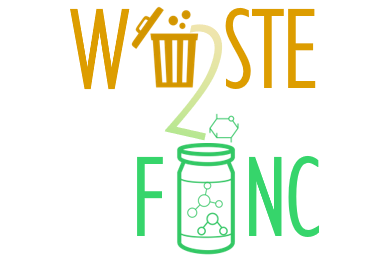Circular bioeconomy business models owned by agrocooperatives
ROBOCOOP-EU aims to develop and deploy regional circular bio-based business models for the valorisation of waste streams from three agricultural sectors: grape, olive and stone fruit. Those models will be suitable for more integrated biobased industries, include higher-value products in the biobased portfolio, be more complex, handle several more process steps and streams, and produce a spectrum of biobased products.
The bioeconomy roll-out on a large scale needs the establishment of new models and interactions between the primary sector and other stakeholders toward co-participated bioindustries. In this sense, ROBOCOOP-EU proposes a breakthrough cultural change in the agrosector, by deploying effective regional and circular bio-based Business Models for the valorisation of waste streams from 3 agricultural sectors: grape, olive and stone fruit. This will expand real scenarios of commercial opportunities to diversify the economy of small and medium scale farmers and cooperatives, enabling a more versatile biorefinery with a portfolio of biobased products. This model will allow the integration of secondary streams in a holistic closed loop, thus improving the ecological footprint and revenues with social impact.
ROBOCOOP-EU will:
- Involve 8 actors of the primary sector in the establishment of biobased value chains;
- Avoid 25-30% of GHG emissions by means of supply chain and logistic optimisation;
- Design 1 zero-waste multi-feedstock biorefinery at industrial scale (based on existing processes for biocompounds extraction and 2nd streams valorisation);
- Validate 17 new products (3 food formulations, 3 feed additives, 5 cosmetics and nutraceutics, 1 plasticiser and 5 biofertilisers).
In order to achieve a successful implementation of the business models in its 3 regional hubs (Extremadura, Apulia and Western Macedonia), ROBOCOOP-EU will integrate multidisciplinary knowledge by developing co-creative spaces called “Living Labs”, where partners and stakeholders will discuss and validate the most consensual pathway towards sustainable and profitable co-participated biorefinery and seek for public and private fund scheme workable scenario.
ACTIVITIES of the Bio Base Europe Pilot Plant
BBEPP will participate in the validation and optimisation of the functional molecules extraction and purification methods.
PARTNERS
- University of Extremadura, ES – Coordinator
- Bio Base Europe Pilot Plant, BE
- VITO, BE
- Lukasiewicz Research Network – New Chemical Syntheses Institute, PL
- iNeuvo Ltd, UK
- Fundacion MEDINA, ES
- IPSEN, GR
- Natac Biotech,
- Archer Daniels Midland Europe, NL
- arion, TR
- ROELMI HPC, IT
- La Enologica Extremena, ES
- Internet of Food Alliance, GR
- FUNDECYT – PCTEX, ES
- S.A.T SATIBA, ES
- TROIL Vegas Altas, ES
- Agrupacion de Cooperativas – Valle del Jerte, ES
- CIHEAM, IT
- CluBE, GR
- Agricultural Cooperative of Velventos Dimitra, GR
- Kokkaliaris N. Ioannis (Enteka Distillery), GR
SUPPORTED by
This project has received funding from the Circular Bio-based Europe Joint Undertaking (JU) under the European Union’s Horizon Europe research and innovation programme under grant agreement No 101112407. The JU receives support from the European Union’s Horizon Europe research and innovation programme and the Bio-based Industries Consortium. 
Other Project in the Spotlight
WASTE2FUNC
The WASTE2FUNC project aims to resolve supply chain hurdles towards the efficient conversion of food (crop) waste into two types of biobased functional molecules.
Read More


 webdesign
webdesign